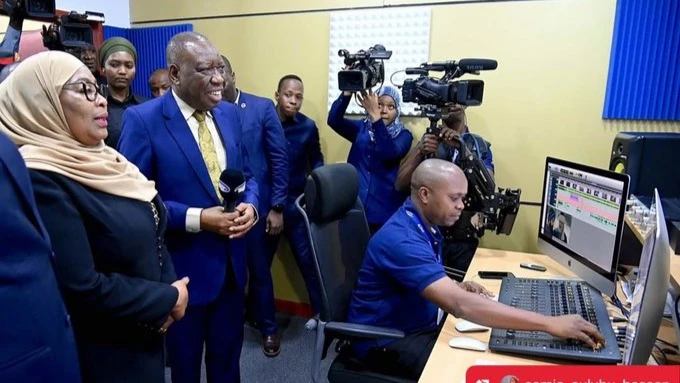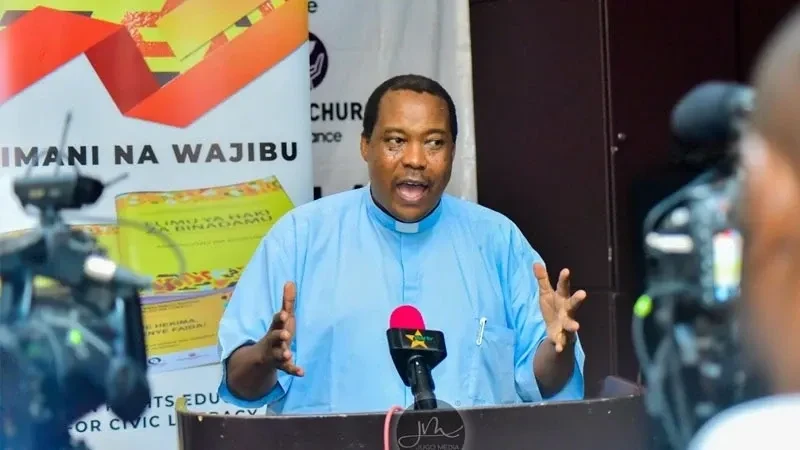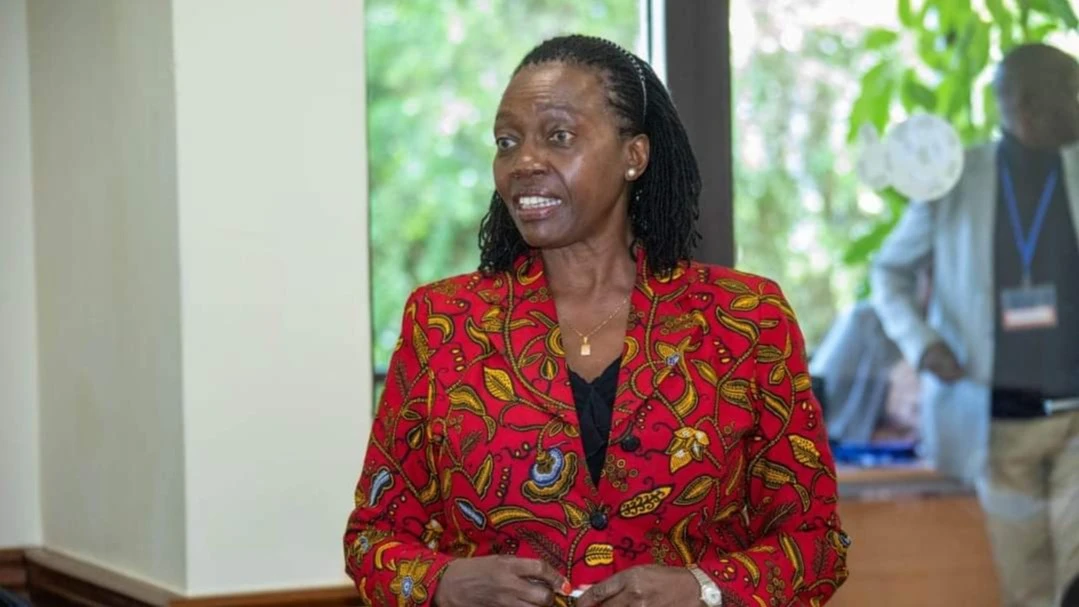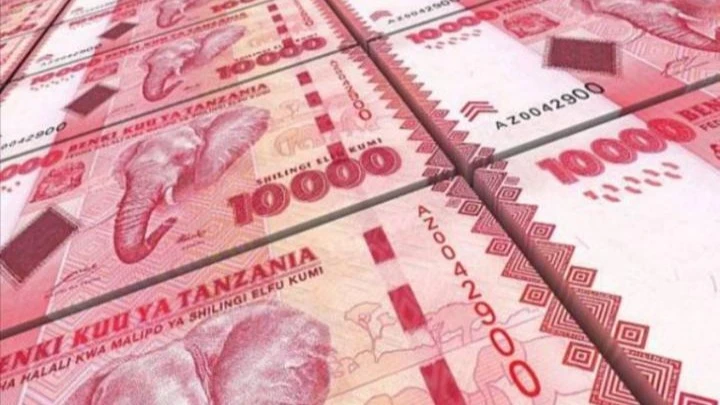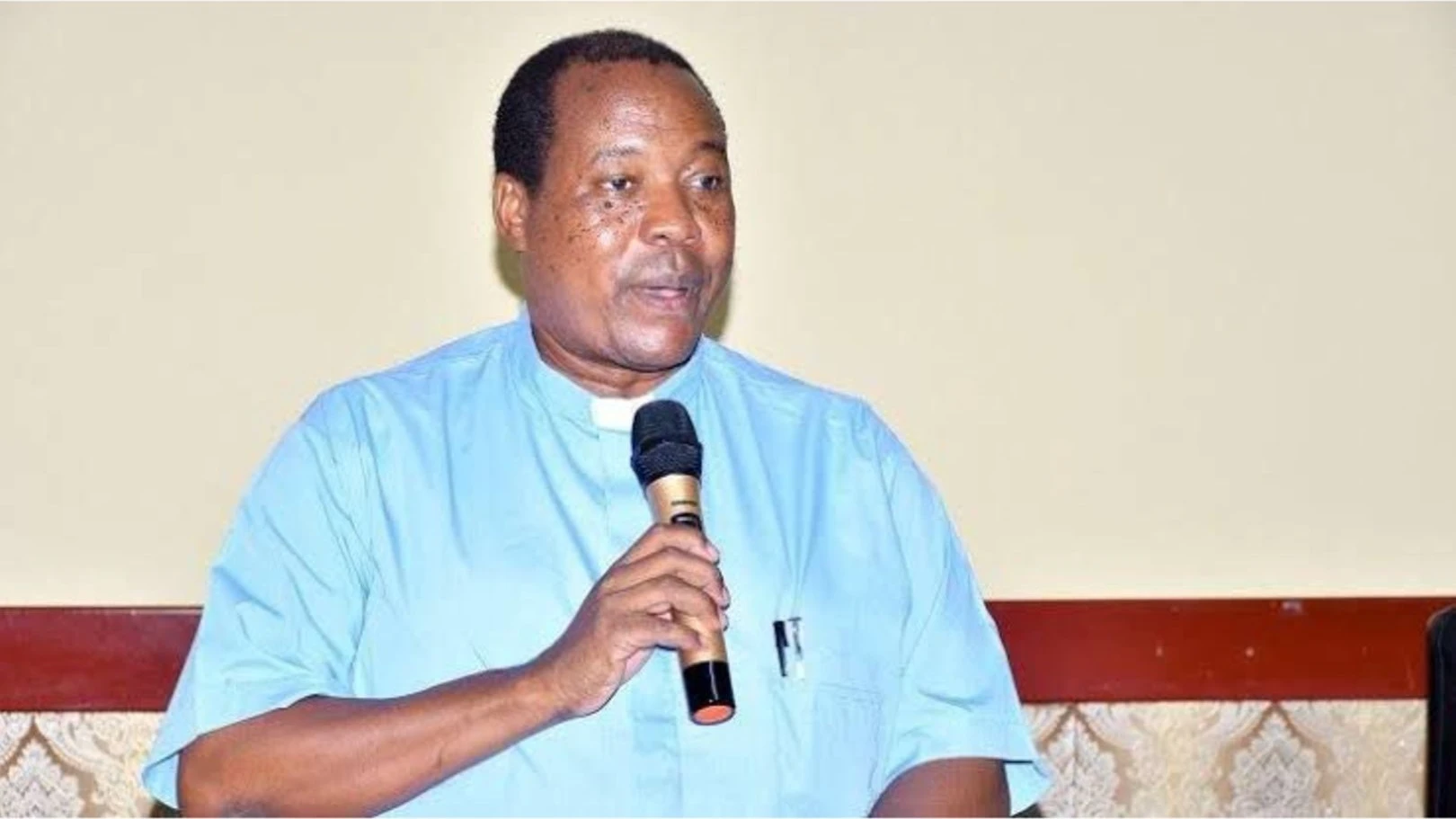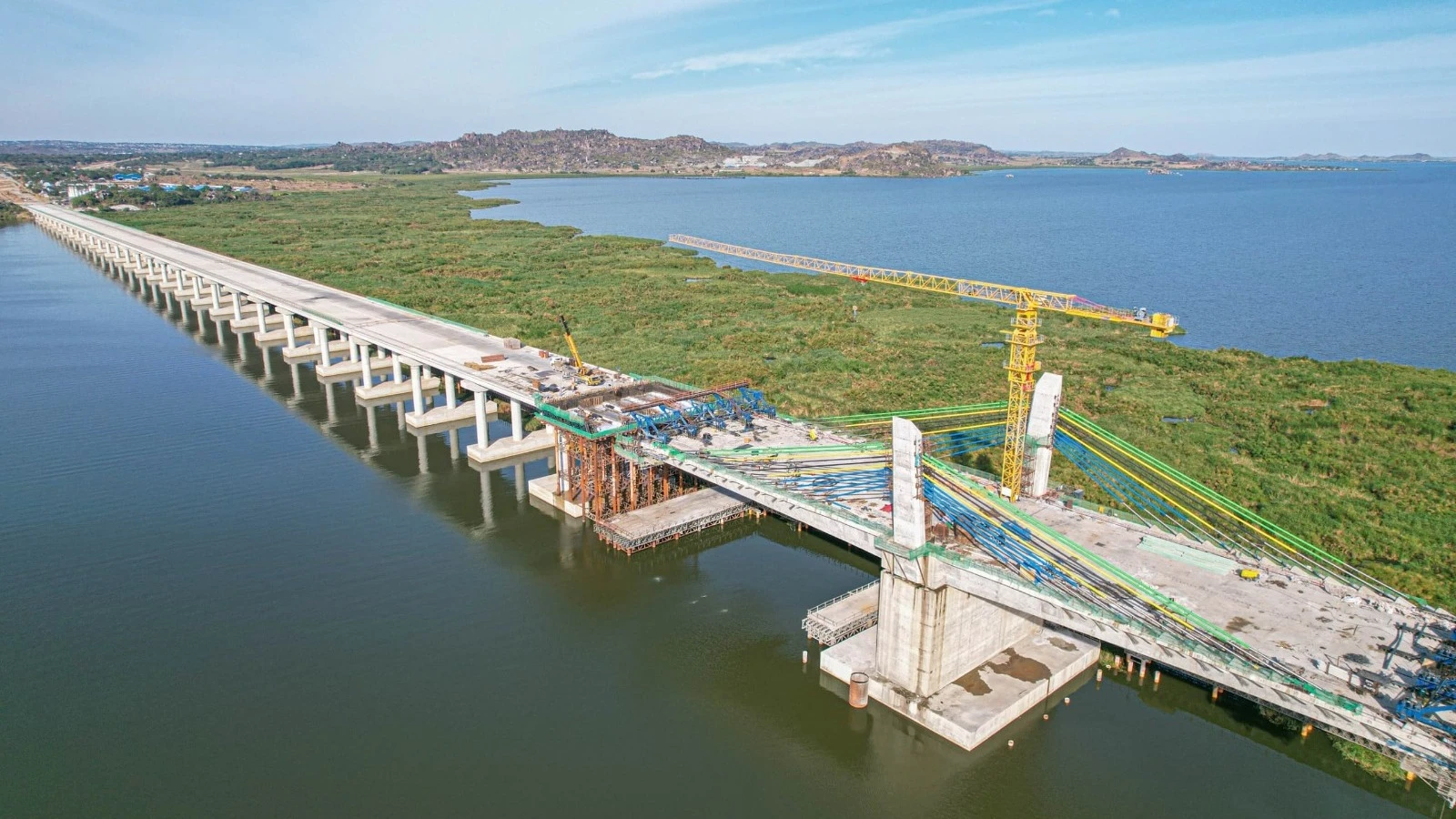Education: eight pitiable performer regions exhibit slight improvement

THE government has reported significant academic improvements in nine regions that previously recorded low performance in national examinations, crediting the progress to ongoing reforms in the education sector.
The improvements are attributed to the implementation of the ‘Shule Bora’ (Quality Schools) Project, launched in 2021 to drive transformative change in Tanzania’s education system.
Speaking in Dar es Salaam yesterday during a meeting of the Shule Bora Project Steering Committee (SMC), Dr Wilson Charles, Deputy Permanent Secretary in the Ministry of Education, Science and Technology, highlighted the positive impact of the initiative.
“Since the introduction of the project, pass rates in Katavi, Kigoma, Dodoma, Singida, Tanga, Rukwa, Coast and Simiyu regions have risen. This is a clear indication that our investment in quality education is beginning to yield results,” he said.
The project is being implemented by the Ministry of Education, Science and Technology in collaboration with the President’s Office – Regional Administration and Local Government.
It is managed by Cambridge Education and funded by the UK Foreign, Commonwealth and Development Office (FCDO).
The targeted regions were selected due to their historically poor performance in national exams, largely caused by challenges in teaching quality and learning outcomes.
Currently, the project is being implemented across 67 local government authorities, focusing on strengthening teaching and learning practices, promoting child protection and inclusivity, improving school infrastructure—particularly in Dodoma—and encouraging the use of clean cooking energy in schools.
Moris Mkhotya, Assistant Coordinator of the Shule Bora project at the Ministry of Education, noted that the 2024/2025 budget for the project stands at 14.8bn/- billion, designated for academic and developmental interventions.
He added that the programme also addresses broader social issues, such as tackling child marriage, improving student attendance from Standard One to Form Four, promoting gender equality, and supporting children with special needs and orphans. Following the successful completion of 90 percent of the initial phase, the government has allocated an additional 14.8bn/- for the next phase of the project.
Top Headlines
© 2025 IPPMEDIA.COM. ALL RIGHTS RESERVED








